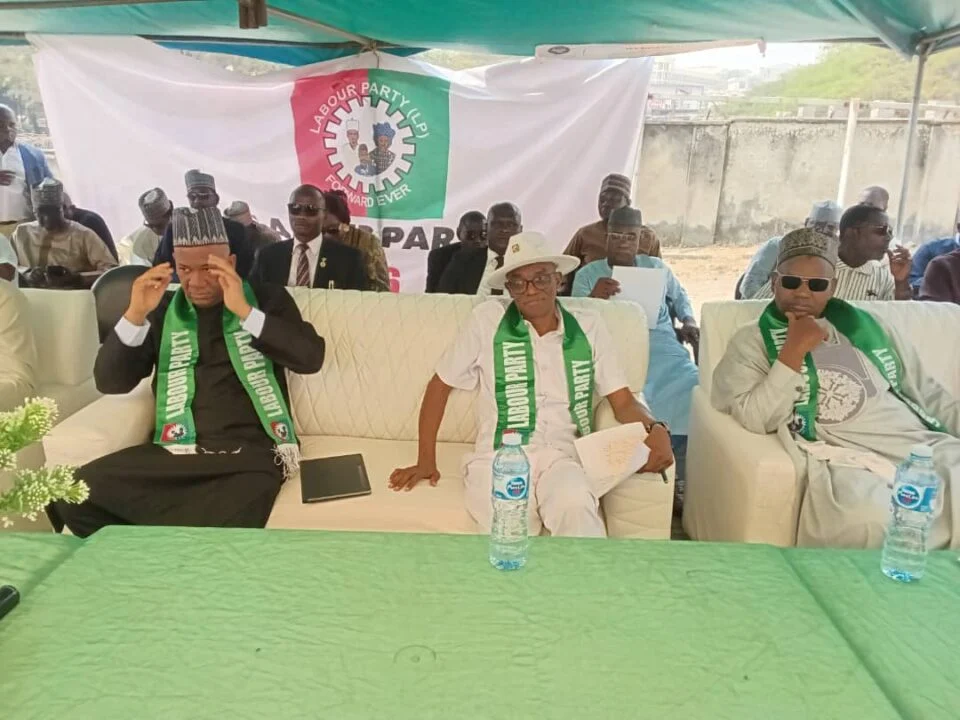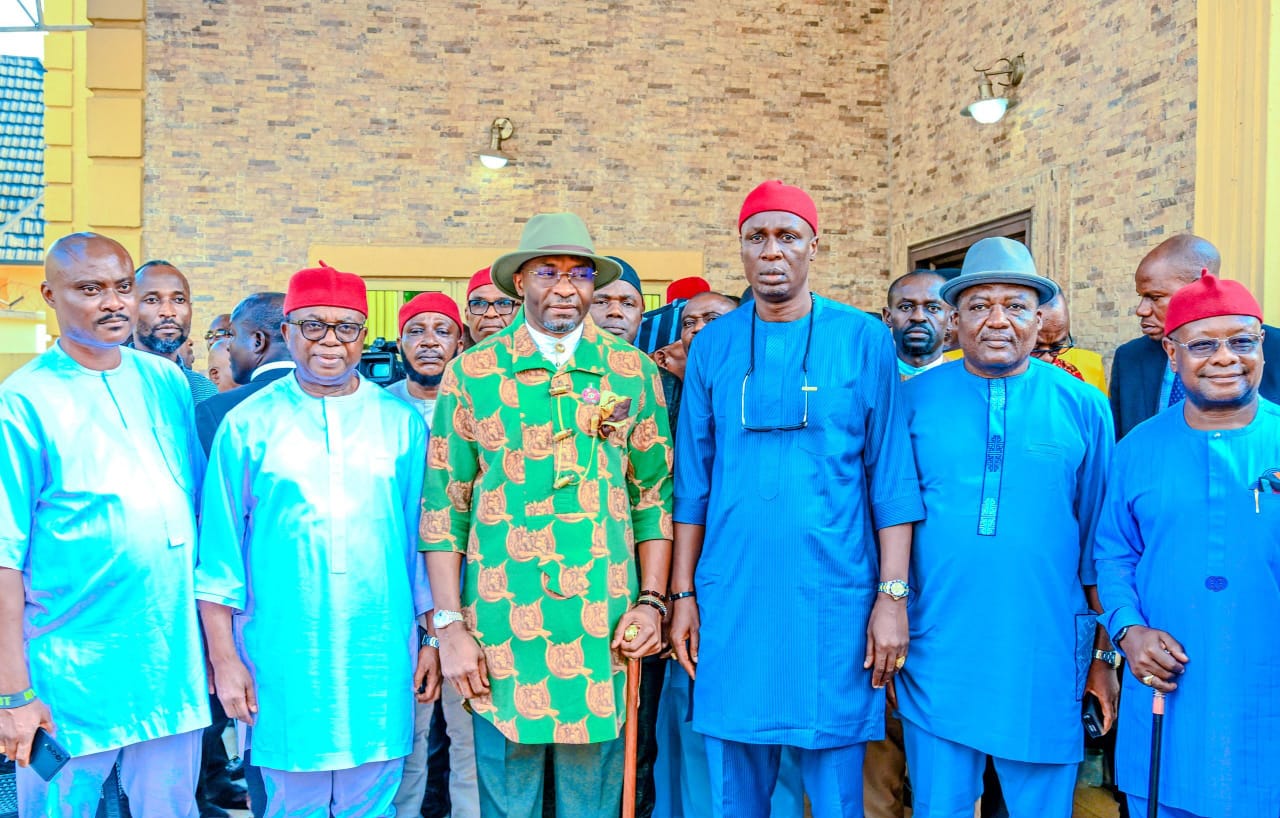In Serti, the quiet, mist-draped administrative centre of Gashaka Local Government Council, the weekend sun broke through the clouds just long enough to illuminate a building many locals had long forgotten: a once-abandoned All Progressives Congress (APC) secretariat, newly renovated and gleaming with fresh paint.
The revival of the structure was more than a facelift; for many, it symbolised the stirring of renewed political energy in a constituency that has for decades felt left behind.
The man behind the renovation, Fanuel D. Lawrence, arrived at a crowd of supporters, party elders, and curious onlookers. An emerging political figure and aspirant for the Gashaka, Kurmi, Sardauna Federal Constituency seat in the 2027 general elections, Lawrence carried himself with the confidence of someone who believes history is summoning him.
“I want our people to understand that democracy is not a spectator sport,” he told the gathering shortly after commissioning the refurbished office. His voice rang with the conviction of a man who had repeated the message in countless village squares. “Don’t just sit down and say your vote doesn’t count. Be part of the process. Get your PVC. Go out on election day. Make your voice count. That is how we win.”
For Lawrence, the road to politics has always been tied to a deep frustration, one he shares with many residents of the mountainous constituency that borders Cameroon. The region’s breathtaking landscapes have not shielded its people from poverty, infrastructural decay, or what many describe as chronic political neglect.
Since Nigeria’s return to democracy in 1999, Lawrence argues, the constituency has remained largely invisible on the federal map. No major projects. No meaningful intervention. No serious lobbying from those elected to speak for the people. “As a young person exposed to the wider world,” he said, “I can say we have not been fairly represented. The dividends of democracy have not reached us.”
It is this sense of injustice that fuels what he calls his “divine mandate,” a mission he frames not merely as a political ambition, but as an obligation to “wipe away the tears of the people” and “change the narratives” that have defined Gashaka, Kurmi, and Sardauna for too long.
Beside him, Alhaji Tanko Mohammed, leader of his campaign team, echoed the sentiment with the calculative realism of a longtime political mobiliser. “What we are after now is the primary election, not the general election,” he said. “And we will leave no stone unturned to ensure Lawrence emerges victorious.”
For Mohammed and others in the camp, lobbying—the political art that often decides which communities receive projects—is not a dirty word but a necessity. They believe Lawrence, with his youthfulness and exposure, represents a new kind of advocate capable of taking their long-ignored constituency into the rooms where decisions are made.
The event also drew the APC state chairman, Barrister Tukur Ibrahim El-Sudi, who praised Lawrence’s decision to renovate the derelict party office. It had stood abandoned for years, a quiet testament to the party’s waning presence in the area. “We assure all aspirants of a level playing field,” El-Sudi declared, signalling a commitment to transparency in the 2027 primaries.
Yet beyond the political speeches and ceremonial ribbon-cutting, whispers of disillusionment ran through the crowd. Several party chieftains confided that the constituency had suffered enough. “Gashaka, Sardauna, and Kurmi are among the most neglected areas in the state,” one elder said. “But this time, voters are ready. They want leaders who can change the narrative.”
Lawrence’s message appears tailored for that mood: a blend of optimism, urgency, and spiritual resolve. He often invokes President Bola Ahmed Tinubu as an example of democratic resilience and leadership anchored in justice. “I know he believes in the rule of law and doing the right thing at the right time,” he said, positioning his campaign within the broader national vision of the APC.
As the sun dipped behind the rolling hills and the crowd began to disperse, the newly renovated secretariat glowed softly, its fresh walls standing like a quiet promise. Whether it becomes the launchpad for a political upset or just another chapter in the region’s long quest for meaningful representation will depend, as Lawrence insists, on the people’s willingness to show up.
For now, hope stirs in the highlands. And for a constituency long accustomed to waiting, that alone feels like the beginning of something new.






